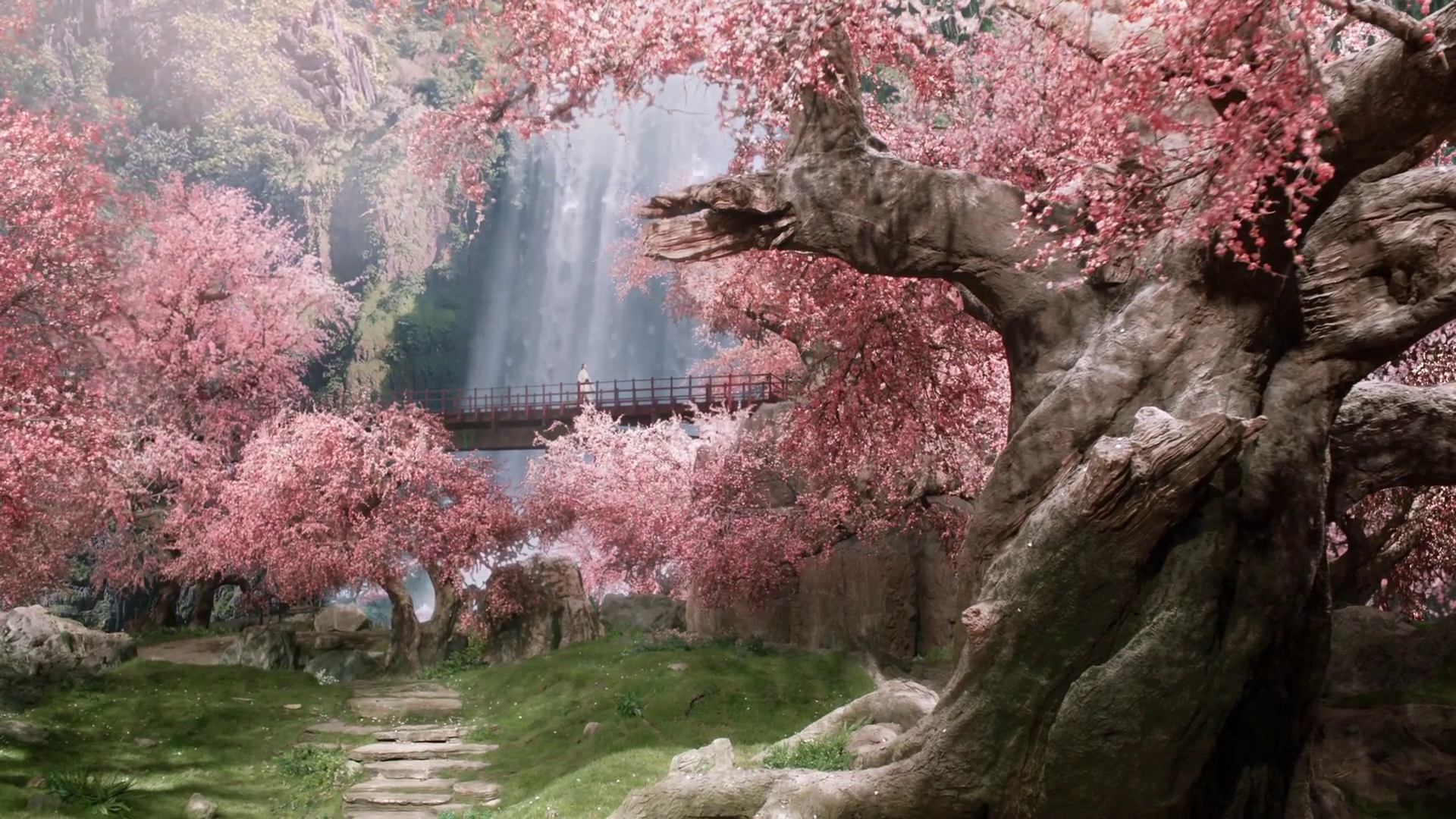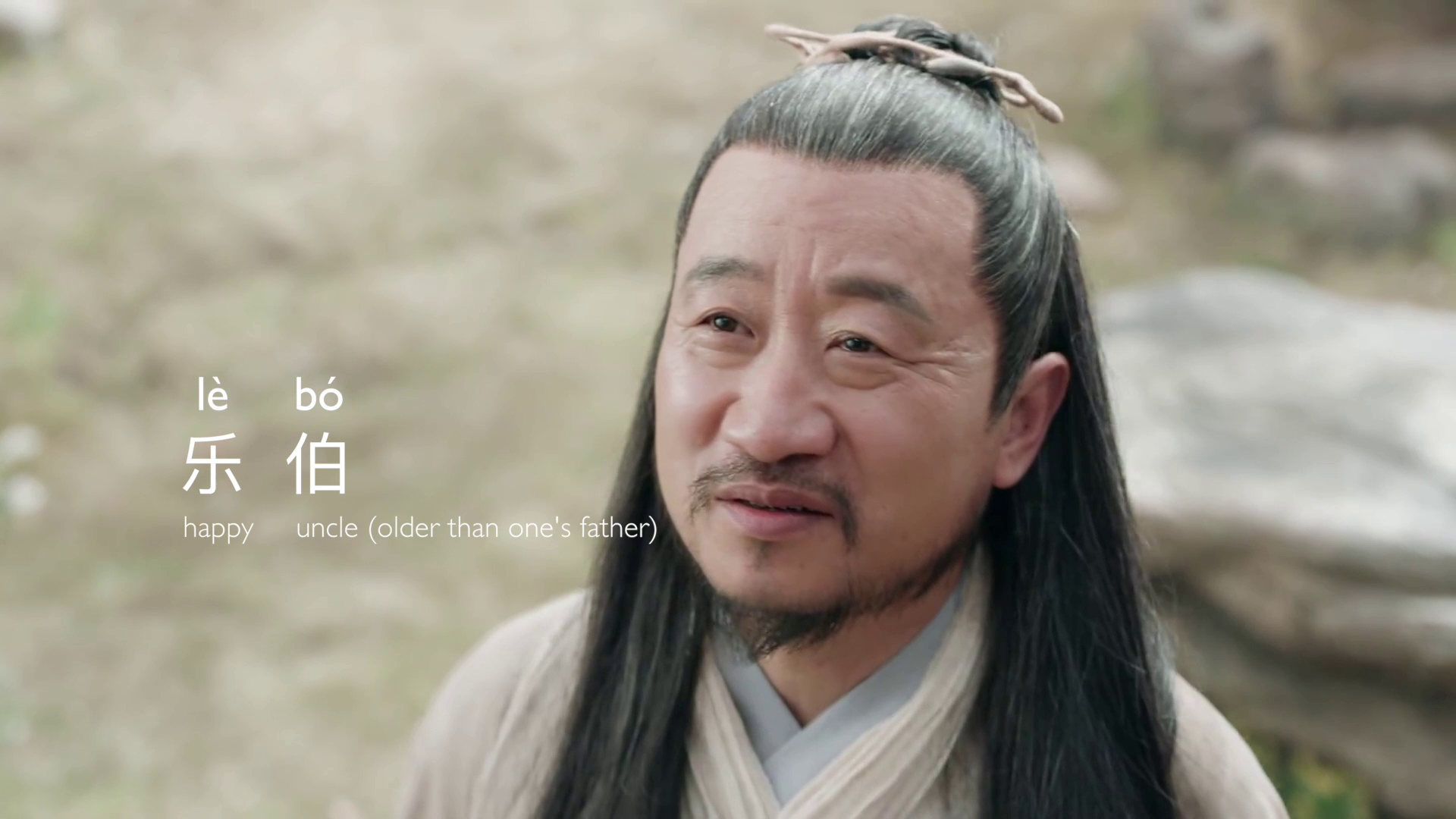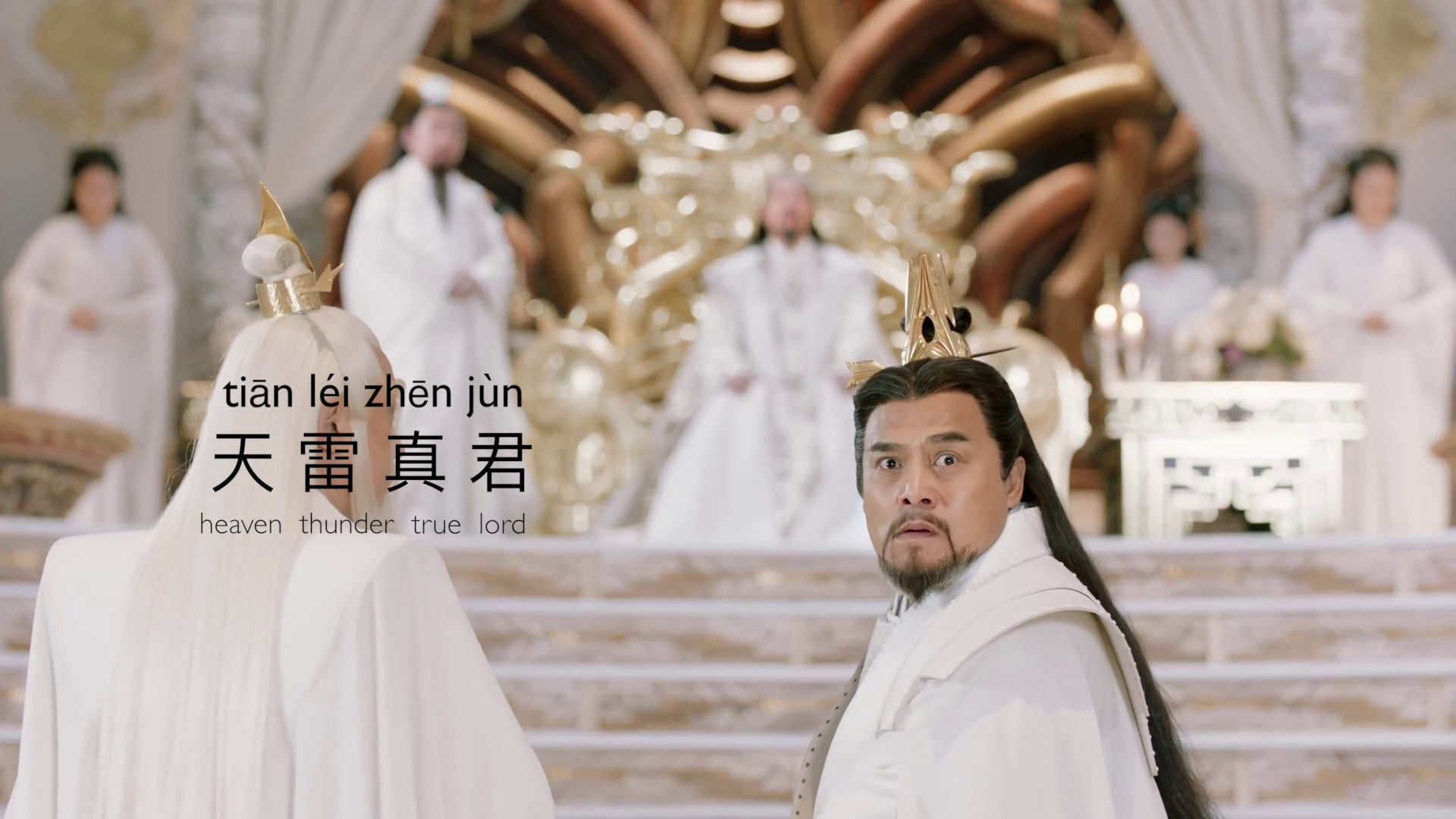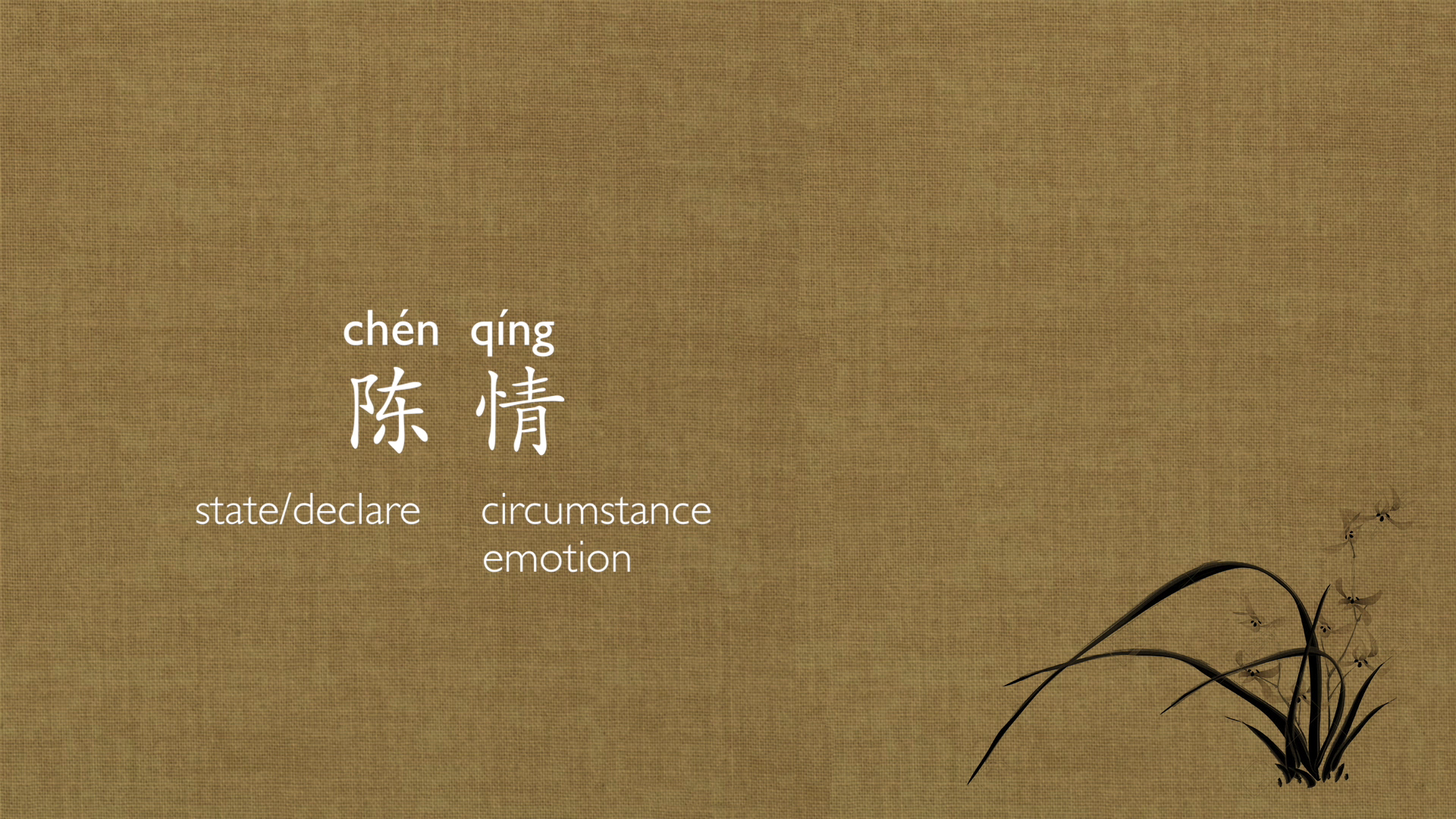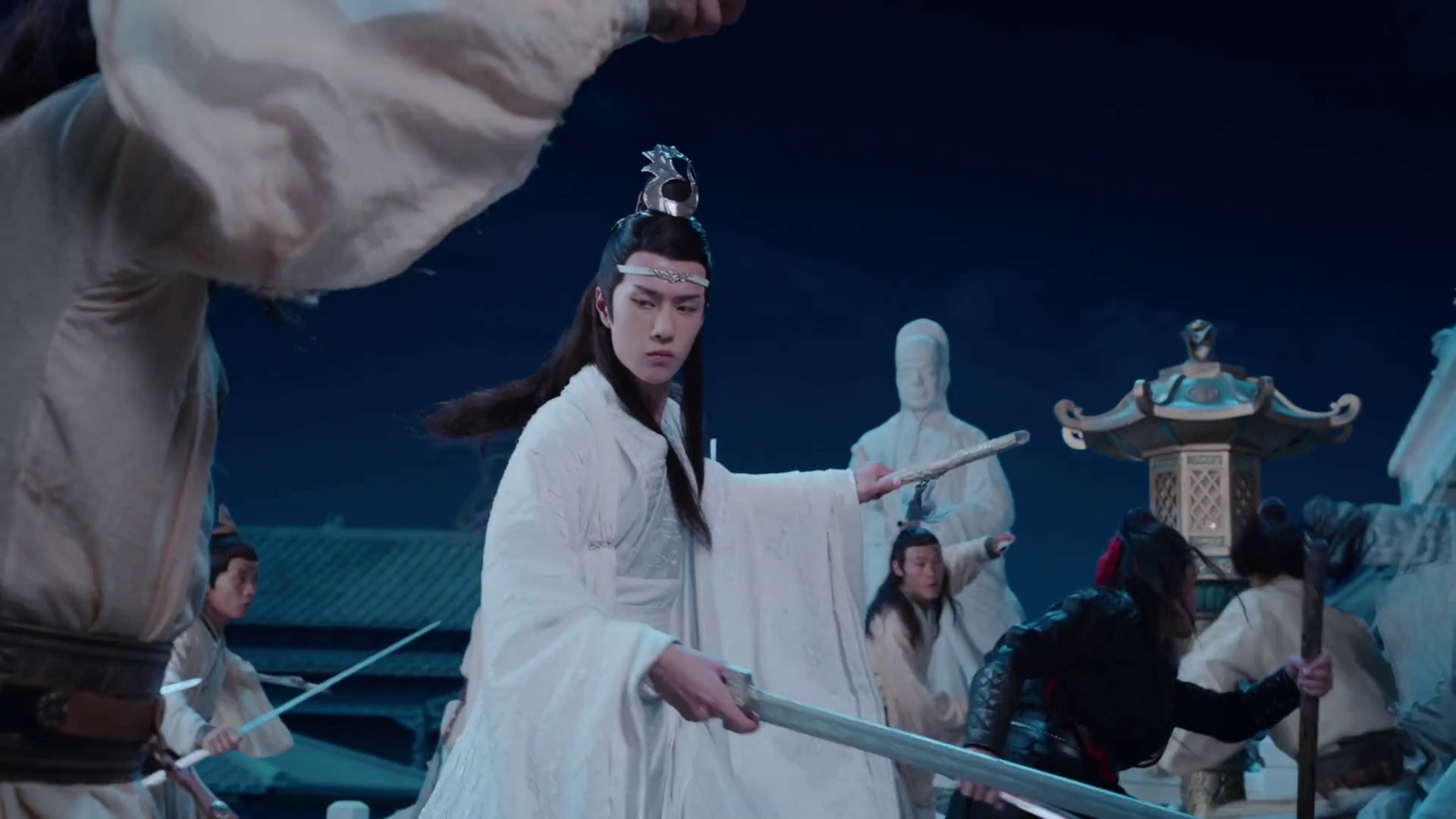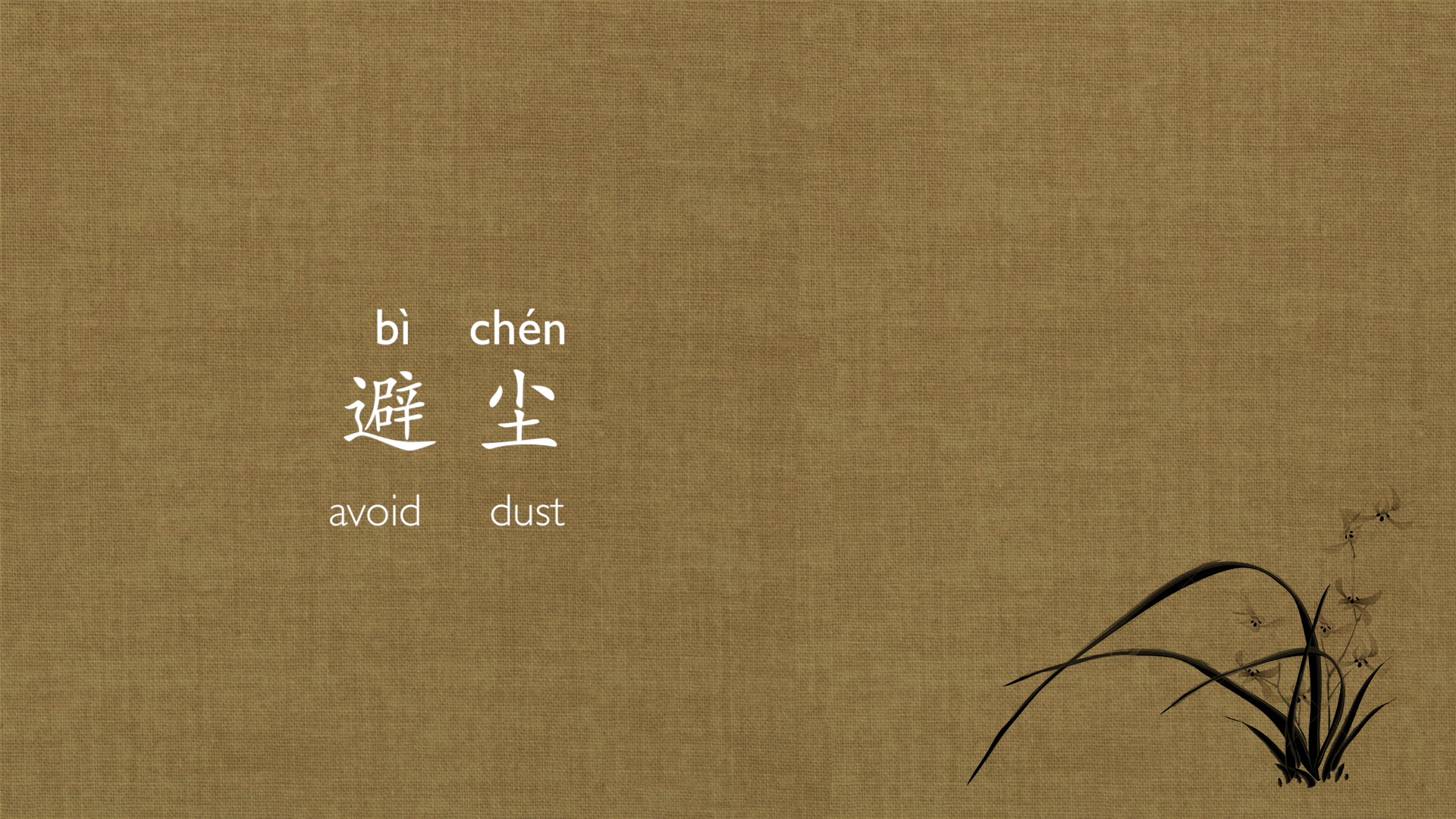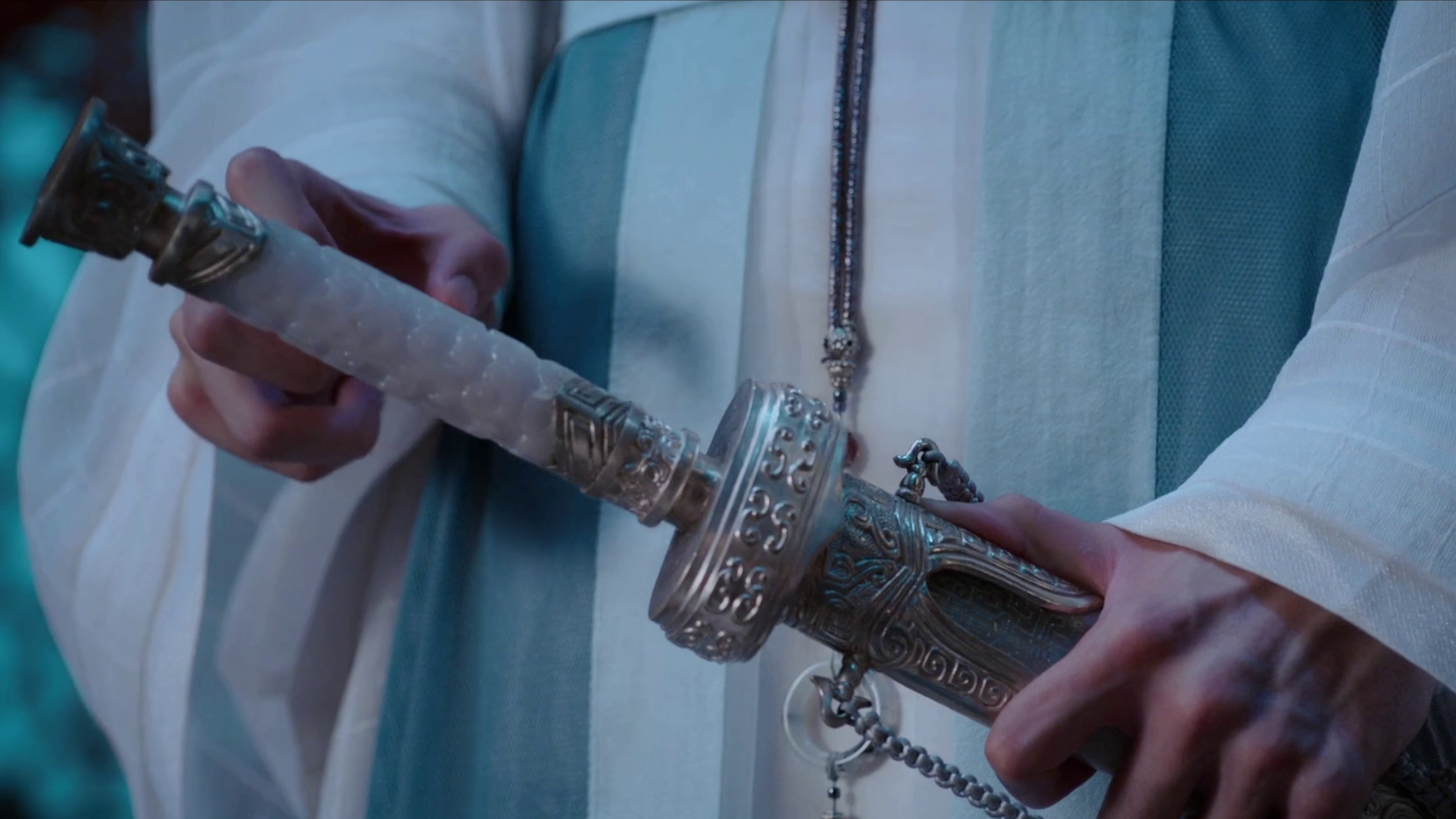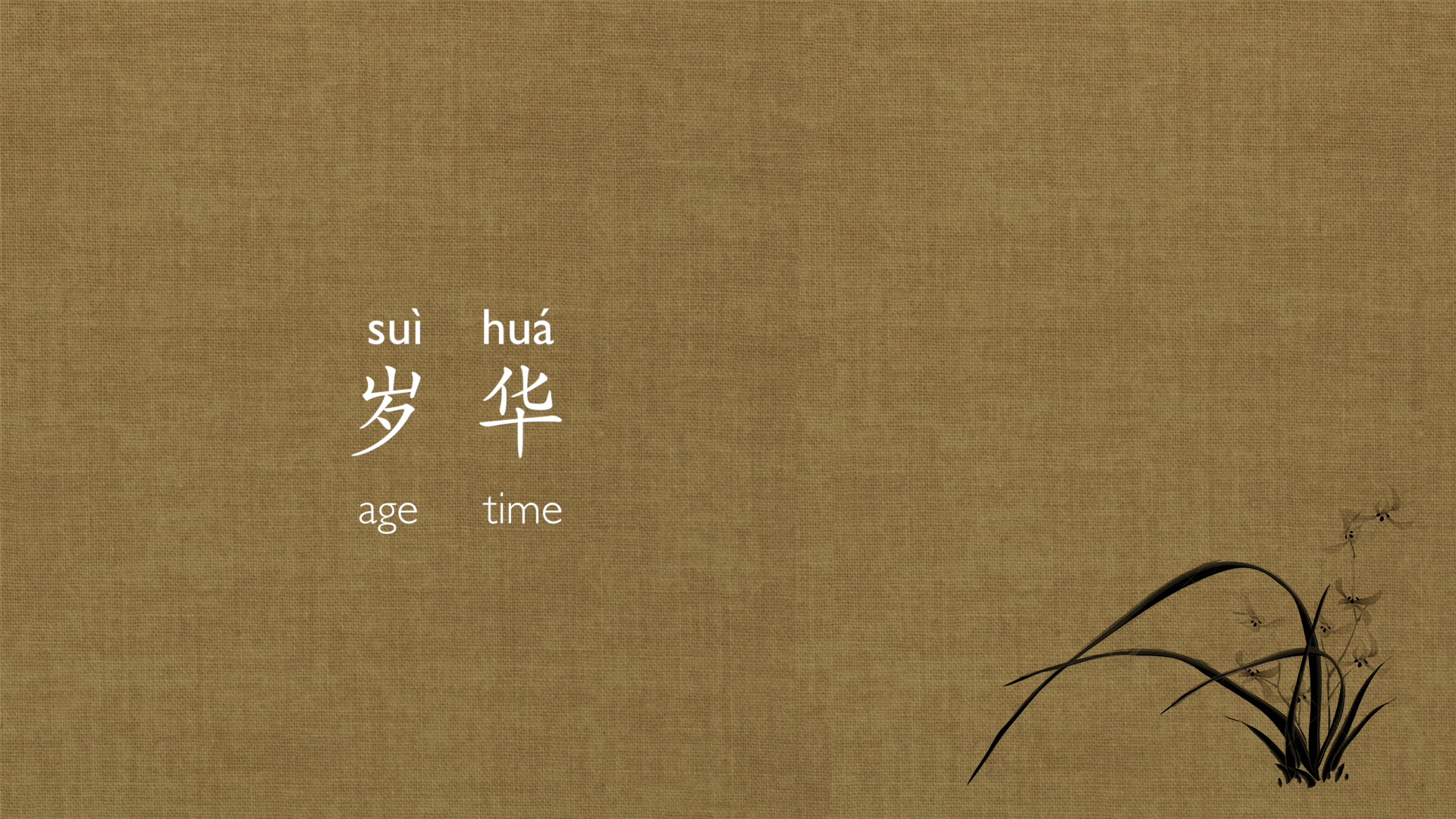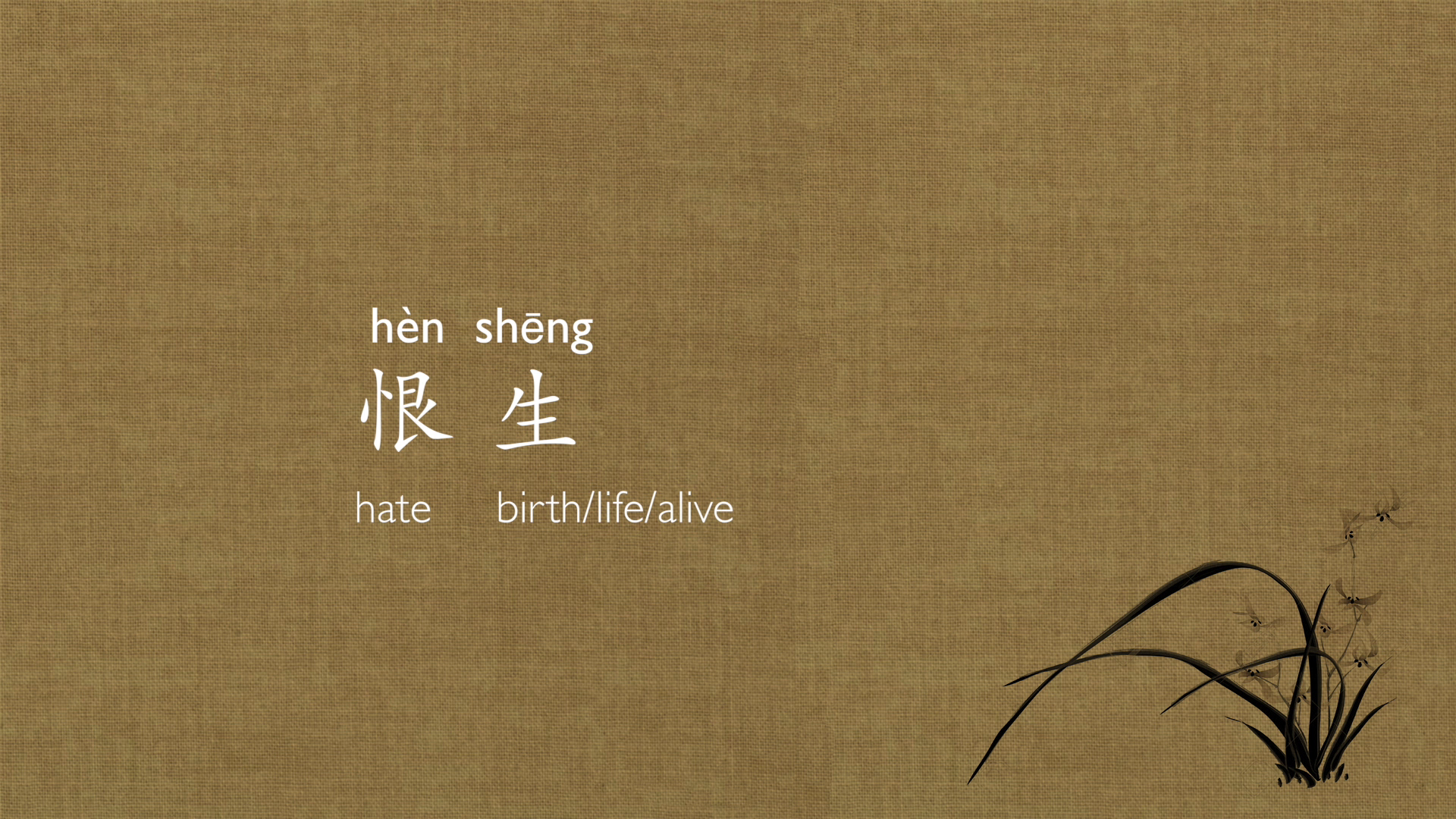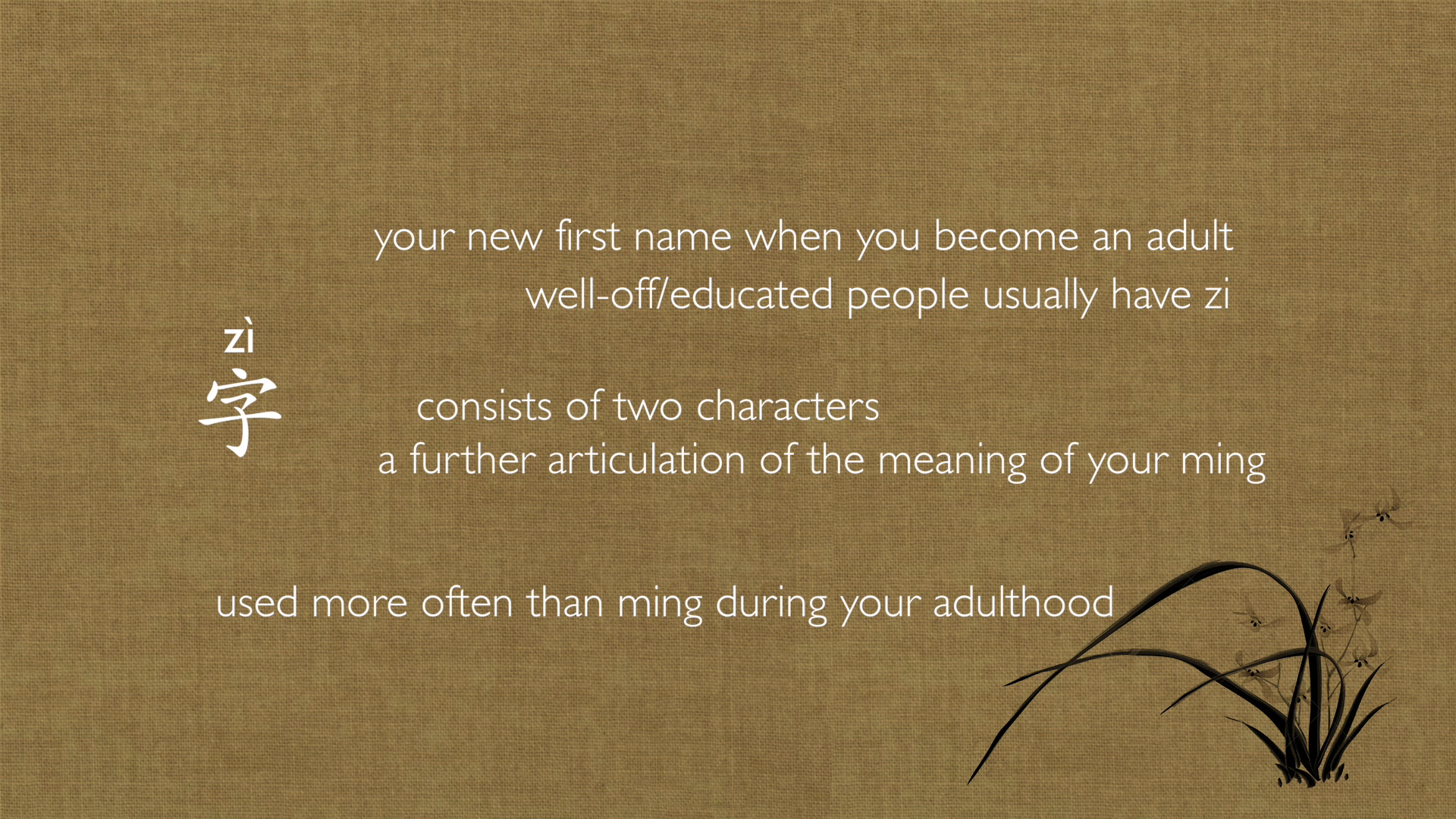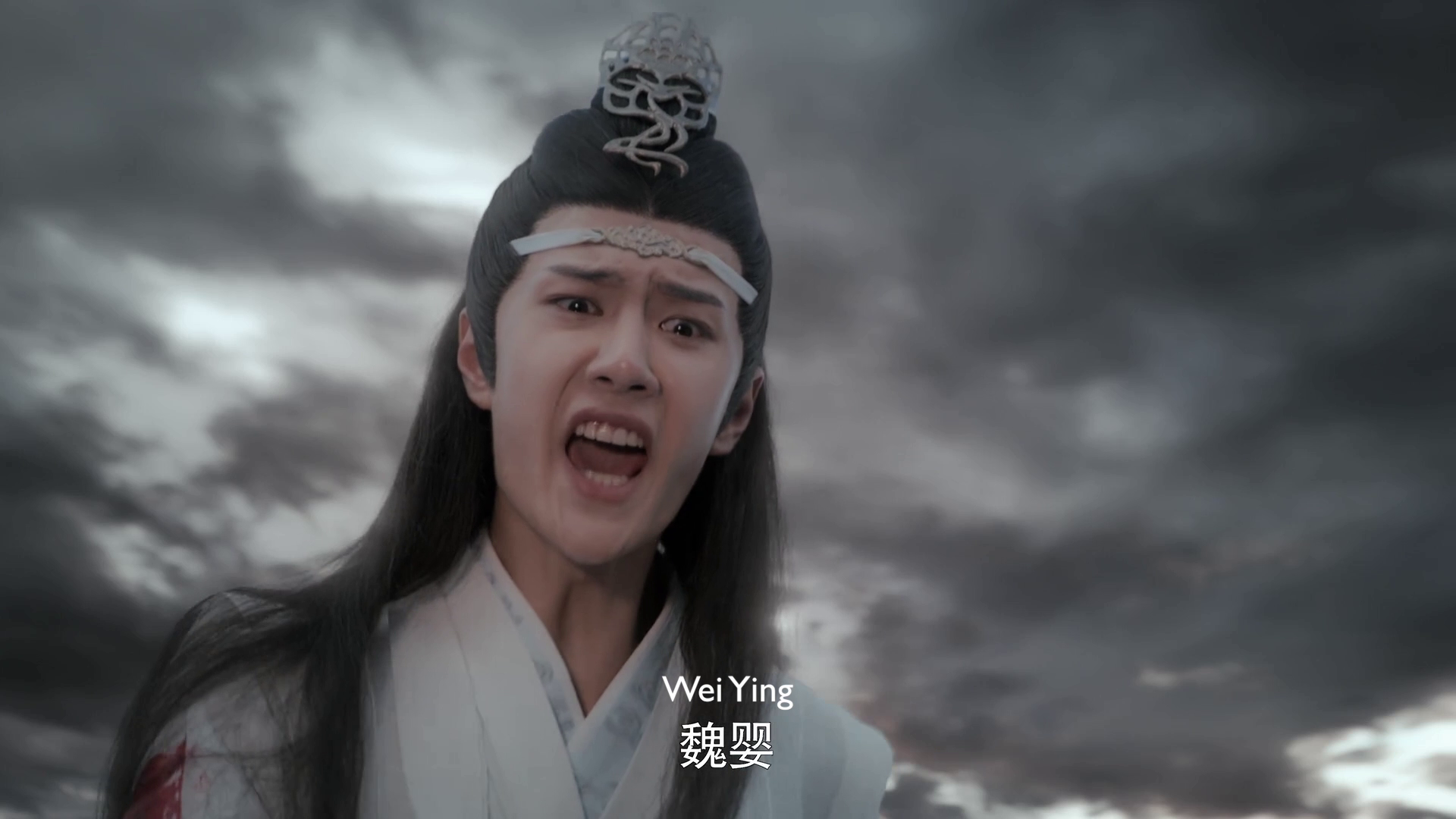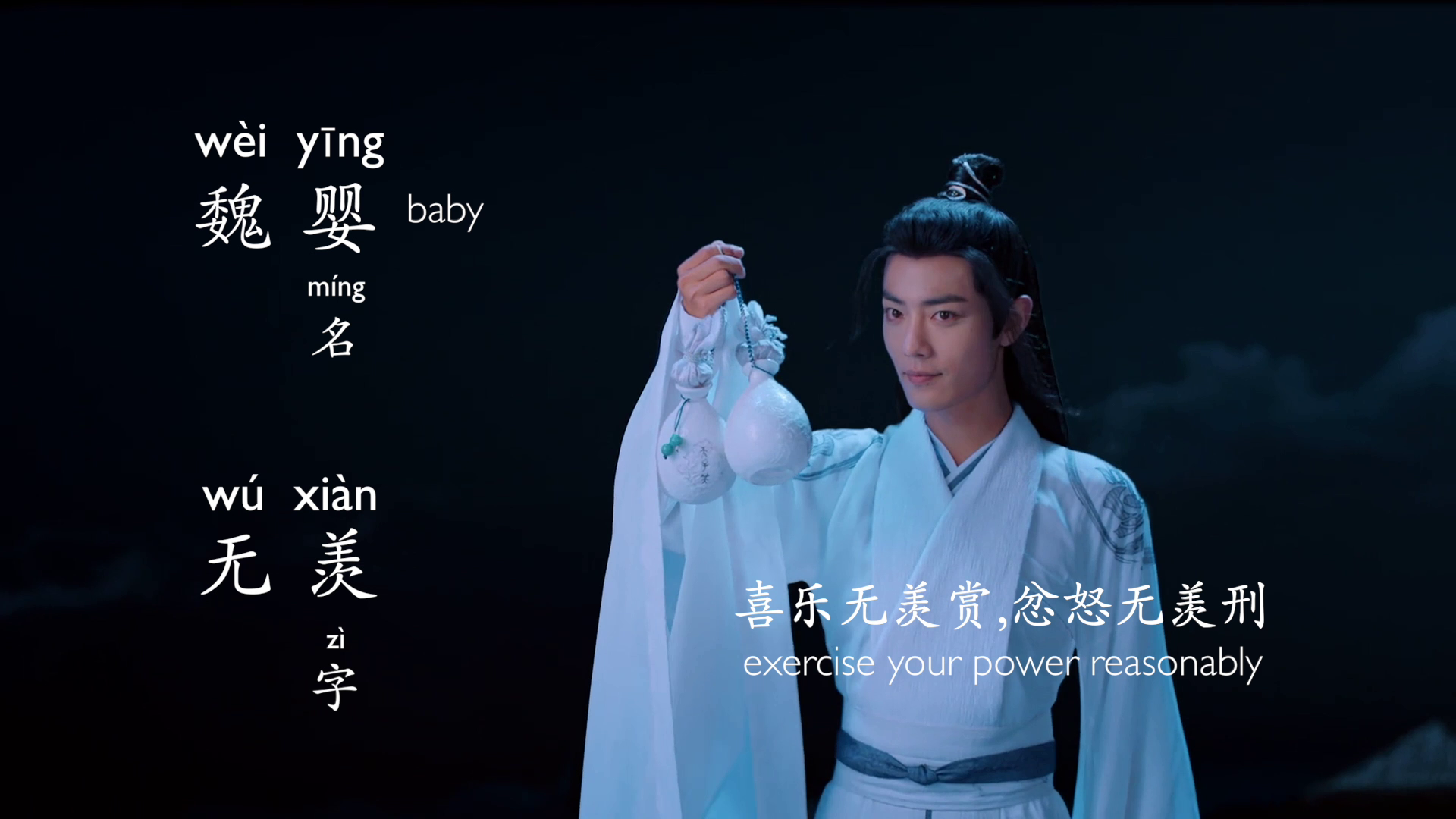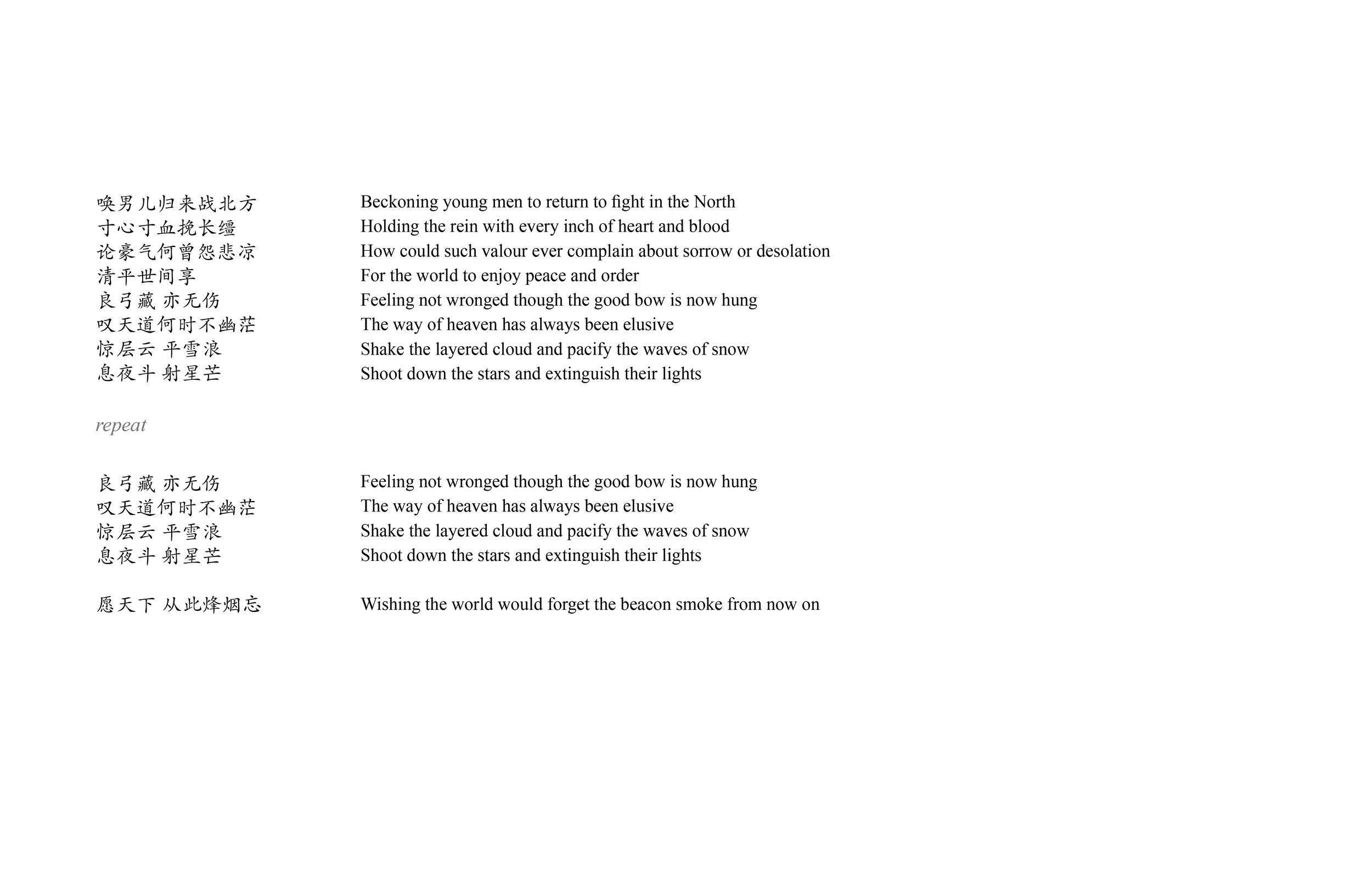Welcome to this blog post! You probably came over from my crazy edit, let’s take a look at this song and the crazy amount of reference it contains.
人间不值得 is a quite fashionable term in recent years in China. It was first coined by a comedian name Li Dan and quickly gained popularity over the internet. 人间 means “human realm”, so, the world we live in; 不值得means “not worth it”. So in the literal sense this line means “life is so not worth it”, as you can imagine, there are plenty of reasons for a contemporary person to make that claim, particularly as of March 2020.
But the creator of this term has actually explained that what it really means. Yes, life is full of undesirable stuff, but in a way, all this experience is ultimately very much worth it. The song is written by people unrelated to this comedian, but it takes on the meaning behind the line, so in the lyrics, it gives you all the reason as to why life sucks but also it is so worth it. It contains a huge amount of reference to Chines literature and history, and quite a lot of Zen wisdom too.
So, let’s begin!
渡口爱上深山, 薄雪中意晚莲
Ferry crossing falls for deep mountain, thin layer of snow likes evening lotus
We can ignore article a/the in this translation cause they don’t exist in Chinese. This line starts with two pairs of “star crossed lovers” as a ferry crossing can never meet a deep/remote mountain, and snow is in the wrong season for lotus. This begins a series of things that are destined to be futile as described in the lyrics.
夕阳熬红双眼 想等来晨钟聊聊天
Setting sun waits till its eyes turned red, hoping it can chat with morning bell
Again, a pair of things that can never meet.
心上人在梅边柳边 偏不在身边
Person on heart is by plum or willow, but not by (the person singing the song)
心上人, “person on heart” is a common expression meaning someone you treasure. 在梅边柳边,”by plum tree willow tree”, is a reference to a poem in the classic novel 红楼梦,The Story of the Stone/ Dreams of the Red Mansion. In the novel’s setting, a group of noble ladies wrote poems in a poetry society event, the poems are also the writer’s “fortune telling” revelation of these characters’ fate. One of the girls wrote “不在梅边在柳边“, “if not by a plum tree then by a willow tree”, which often gets interpreted as she would eventually marry someone who is with the surname 柳(willow), not 梅(plum). Because the last third of the original 红楼梦 is lost, no one can say for sure if it indeed happened like this in the original ending of the book. Here the lyrics refers to that character, meaning the person (the singer) loves is staying with other people but himself/herself.
小白蛇浇透临安 许仙却没带伞
Little white snake is drenched in the rain of Lin An, but Xu Xian forgets to bring an umbrella
This is the reference to the very famous folk lore of the white snake and Xu Xian. If you’re familiar with Chinese dramas, we probably know more than one version of its screen adaptations. Lin An was a city in Song Dynasty, where this story took place, and in the original legend the white snake Bai Suzhen met Xu Xian on a bridge when it was raining, and the man lent his umbrella to the lady. Here the lyrics is clearly twisting that legend and creating a paralleled reality in which they missed each other.
少女压坏秋千 书生十年落选
Young girl crushes the swing, scholar fails at exams for ten years
These two lines are also teasing at the typical romantic depiction of a young girl on the swing, and a young scholar being lucky and successful, further tying into the idea that life often plays out undesirable outcomes.
命运总是挑挑拣拣 诸事不成全
Fate is always picky and things just can’t be fulfilled
小和尚没化到缘 又路过烧鸭店
Little monk doesn’t get offerings, then happens to walk by a roasted duck shop
Well, that’s really… sad, and makes me feel hungry.
Now, into the chorus:
拈杯酒眯着眼 说专心看人间
Pinching a cup of wine and squinting eyes, saying (I/you/whoever) is looking at the human real with full concentration
In Chinese poetry/song lyrics, a personal subject is often omitted, so you can put yourself in it, or you can just think of the subject as the singer, it’s up to you.
看长安建安与潘安 都想沾一沾
(seeing) Chang’an Jian An and Pan’An, wanting to touch them all
长安建安潘安 are clearly written for the sake of rhyming, Chang’an is the capital city for many ancient dynasties. Jian An refers to a group of literary giants during Wei Jin period, more specifically the Cao Cao family (he and his son), who were famous warlords/rulers but also insanely talented writers (talk about genetics…). Pan An was a real man known for his great beauty, and his name later became a synonym to “an extremely handsome man”. So basically this line is saying, there are so many great men in this world, and (I) want to try them all. (LOL, oh my~)
神仙掐指算 此去少圆满
Gods making predictions, this trip shall lead to little fulfillment
得来失 聚了散 千万莫求全
Losing what has been found, parting after reunion, don’t try to aim for perfection at all
借泥炉烧碗饭 在檐上种炊烟
Borrowing earth stove to make meal, planting cooking smoke on the top of the eave
管小寒大寒与心寒 都来暖一暖
No matter if it’s Small Cold, Big Cold, Or heart cold, all come over and warm up
小寒大寒 are two of the 24 “seasonal qi” in Chinese calendar, literally meaning small and big cold, referring to the coldest time of the year. 心寒 means losing faith, feeling disappointed in something. As you can tell, it’s also playing the rhyming game. This line can be interpreted as no matter how much pain or disappointments one suffers in life, you still got to live from day to day, and do mundane things such as cooking, and getting comfort from it.
好提胆闯人海 再叩风月关
So that you can build up the courage and venture into the crowd, knocking on the door of profanity (of life)
提胆 means amping up your gore bladder, literally… because Chinese people believe the gore bladder is related to how brave one can be. 风月, wind and moon, together it means love/sex/enjoyment of the body/romantic plays and other things related to that, so… it’s a pretty useful word to remember. 关 here means a stronghold, a gate (of a city), similar to a level in a video game that you need to overcome.
兜兜转转八十一难 我们走着看
Around and around through 81 tribulations, we shall see how it goes
81 tribulations is the tests Tang Seng and his team went through to get to the Buddha to bring back his teachings to China, referring to another classic novel Journey to The West 西游记. The term 81 tribulations is often used to represent challenges and hardships.
In the second verse, it gives you more “not worth it” scenarios.
竹马去寻竹马 青梅意兴阑珊
Bamboo horse goes searching for bamboo horse, blue plum feels discouraged
Ok, this looks weird, because it refers to an idiom 青梅竹马, meaning a boy and a girl being very close growing up together. It comes from a line in a poem, “郎骑竹马来,绕床弄青梅”:” boy comes on a bamboo horse, circling around the bed and playing with plum branch”. The bamboo horse becomes a symbol for a young boy and the plum becomes the symbol for a young girl (and they have to know each other well). Here the lyrics is playing with the “heterosexual love since childhood” trope and suggests a boy can go for a boy, leaving the girl behind and disappointed. Please take a look at what dramas/shots I’ve chosen for this part in the edit.
伯牙琴弦摔断 叔夜刚绝交山巨源
Bo Ya breaks the string on his Qin, Shu Ye breaks off from Shan Juyuan
Here are two references to two real friendships in Chinese history. Bo Ya and Zi Qi were a pair of good friends, Bo Ya was a master of playing Qin, the seven stringed instrument that shows up on my channel often. Zi Qi was the only person who can fully appreciate his playing. When Ziqi died, Bo Ya stopped playing forever because there was no one who can understand his music anymore. Shuye is the ”字“, a second name in traditional Chinese society of Ji Kang, a famous historical figure of the Wei Jin Period. Shan Juyuan was once his friend, but due to their different political ideals, Ji Kang (Shuye) wrote a famous break off letter to his friend and cut ties with him.
知己半路就散 结发总另结新欢
Good friends part half-way, spouses marry someone else
知己, “know (one’s)self”, means a really close friend who understands you well, 结发 “tying hair”, refers to a married couple, as braiding a newly married couple’s hair together symbolizes their union.
小情侣恰好遇见 喜鹊没来上班
Young couples who happen to meet when the magpies are not on duty
In the folk lore of a love story between a goddess and her human husband, the magpies are the birds that build up a bridge once a year for the couple to meet. Here again, the lyrics is playing with an alternate scenario when the messengers of love is not available for lovers to come together.
长生岂能如愿 古稀尚靠垂怜
How can longevity be fulfilled, it depends on heaven’s mercy to live to one’s 70s
老病倒比莺莺燕燕 多陪二十年
The Old and the sick somehow gets 20 more years than the happy young couple
小嫦娥偷吃灵药 却反而羡人间
Chang’e takes magical elixir, yet feels jealous of the human realm
Chang’e is the goddess living on the moon, mythology has it that she swallowed the magical elixir belonging to her husband, who got it as a reward from the gods. As the result, she became too light-weighed, floating up to the moon and couldn’t come back down. she is destined to live forever alone up there.
Chorus repeats once.
Then the bridge, sung in the Chinese opera style.
人生在世不称意呀 失眠或失恋
Living in this realm is often unsatisfying, losing sleep or losing love
只劝你来把个盏 侃呀么侃大山
(I) suggest you drink (the wine) up, then have a nice long chat
The final part
喝完大酒撑条船 说今生不靠岸
After a big drink go ride on a boat, saying never to dock till the end of this life
去天涯海角浪个遍 失意当尝鲜
To the edge of the horizon and corners of the sea, taking disappointment as fresh experiences
这一路手握剑 身侧有千帆
Holding a sword on the way, with thousands of sails passing by
时不时 回头看看 百味是人间
From time to time, turn around and look, hundreds of taste makes up the human realm
时不时 也睡个懒觉 醒来多加餐
From time to time, sleep in, and eat an extra meal when ( you) wake up
多加餐eat more (of a meal)is also a reference to a poem that calls for someone to take care of their health, stay strong and robust.
Phew…. that’s one overloaded song!

